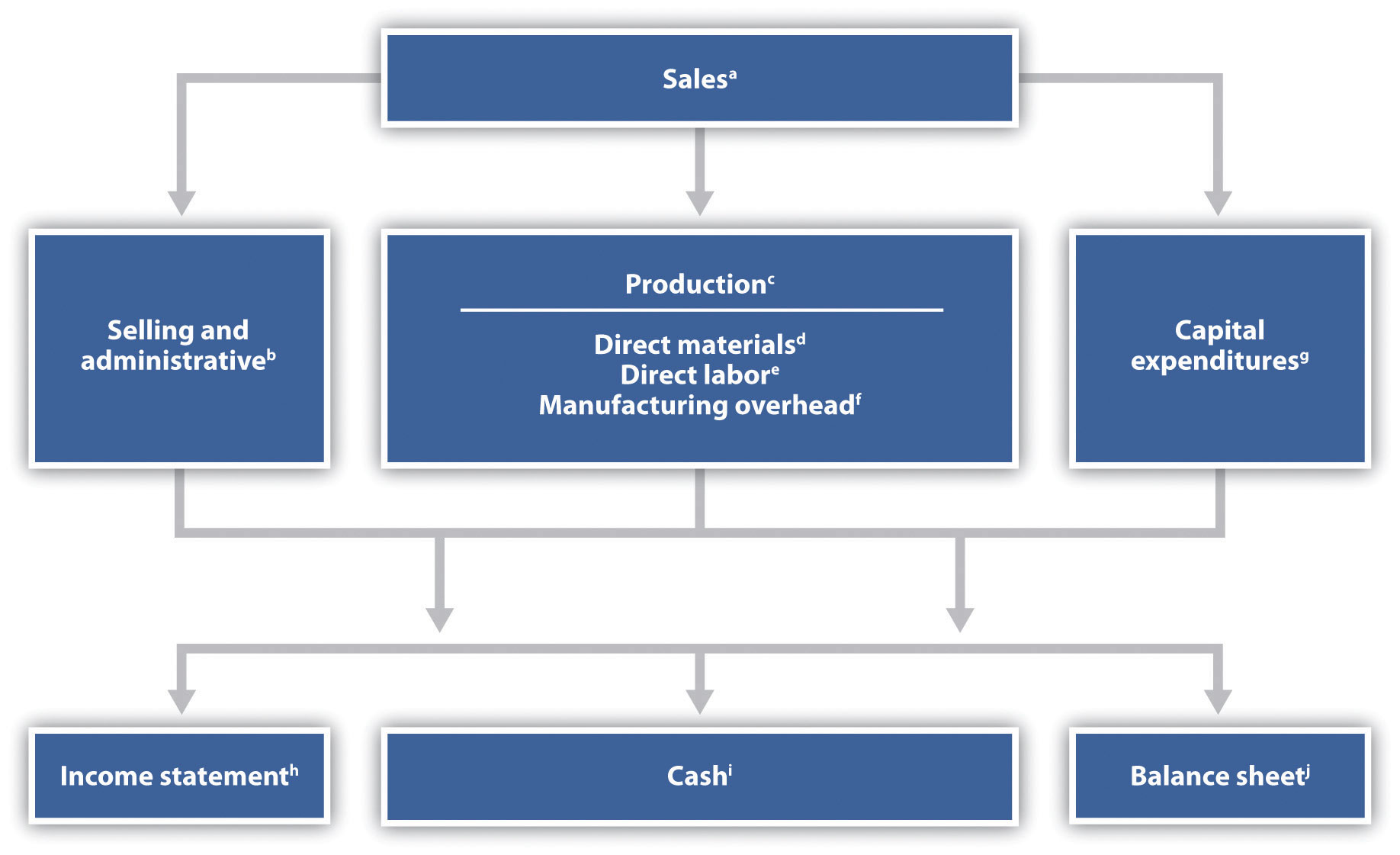Home>Finance>Demutualization: Definition And How The Process Works


Finance
Demutualization: Definition And How The Process Works
Published: November 10, 2023
Learn the definition and process of demutualization in finance. Discover how this transformation affects companies and their stakeholders.
(Many of the links in this article redirect to a specific reviewed product. Your purchase of these products through affiliate links helps to generate commission for LiveWell, at no extra cost. Learn more)
Demutualization: Definition and How the Process Works
Welcome to our finance category, where we explore various topics related to money management, investments, and financial news. In this article, we will delve into the fascinating world of demutualization, providing you with a comprehensive understanding of what it is and how the process works. If you’ve ever wondered about demutualization and its implications, you’ve come to the right place!
Key Takeaways:
- Demutualization is the process of converting a mutual organization, such as a mutual insurance company, cooperative, or credit union, into a publicly traded corporation.
- Demutualization allows the mutual organization’s members or policyholders to become shareholders in the newly formed public company, enabling them to enjoy potential financial gains.
What is Demutualization?
Demutualization refers to the process of transforming a mutual organization, which is typically owned by its members or policyholders, into a publicly traded corporation. This conversion aims to unlock the organization’s value and provide new opportunities for growth and development.
During the demutualization process, the members or policyholders of the mutual organization are issued shares in the newly formed public company, thereby becoming its shareholders. This transition allows them to capitalize on the potential financial benefits that come with the company’s success and profitability.
How Does Demutualization Work?
The demutualization process typically involves several key steps, which vary depending on the specific organization and its regulatory environment. However, here is a general overview of how demutualization works:
- Strategic Review: The mutual organization evaluates its strategic objectives and determines if demutualization aligns with its long-term goals.
- Member Approval: The proposal for demutualization is presented to the members or policyholders, who must approve the conversion through a vote or other decision-making processes outlined in the organization’s bylaws.
- Valuation: An independent valuation is performed to establish the fair value of the mutual organization’s assets and liabilities.
- Conversion Plan: A detailed plan outlining the steps and timeline for the demutualization process is developed, taking into account legal, financial, and governance considerations.
- Regulatory Approval: The demutualization plan is submitted to the appropriate regulatory authorities for review and approval.
- Stock Issuance: Upon receiving regulatory approval, the mutual organization’s members or policyholders are issued shares in the newly formed public company.
- Listing on Stock Exchange: The new public company’s shares are listed on a stock exchange, providing liquidity for the shareholders and the opportunity for trading.
It’s important to note that demutualization can have various implications for the organization and its members. While it offers potential financial gains and increased liquidity for shareholders, it may also result in changes to the organization’s governance structure and member rights.
In Conclusion
Demutualization is a complex process that transforms a mutual organization into a publicly traded corporation, offering members or policyholders the opportunity to become shareholders and share in the company’s success. It involves multiple stages, from strategic review and member approval to stock issuance and listing on a stock exchange.
If you’re a member or policyholder of a mutual organization considering demutualization, it’s crucial to consult with experts and carefully evaluate the potential benefits and risks involved. Demutualization can bring exciting opportunities, but it’s essential to make informed decisions that align with your long-term financial goals.
We hope this article has provided you with valuable insights into demutualization and its intricate workings. If you have any further questions or would like to explore other finance-related topics, feel free to explore the rest of our blog category or reach out to our finance experts. Stay tuned for more informative articles on managing your finances intelligently and effectively!














